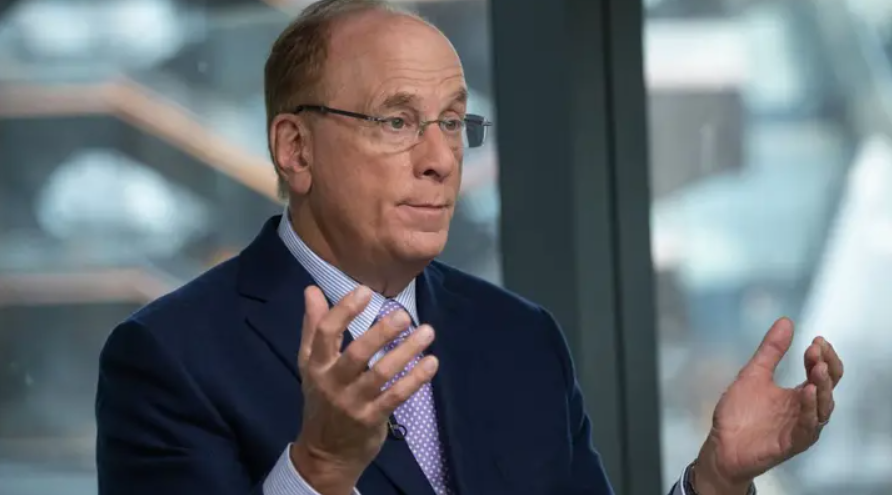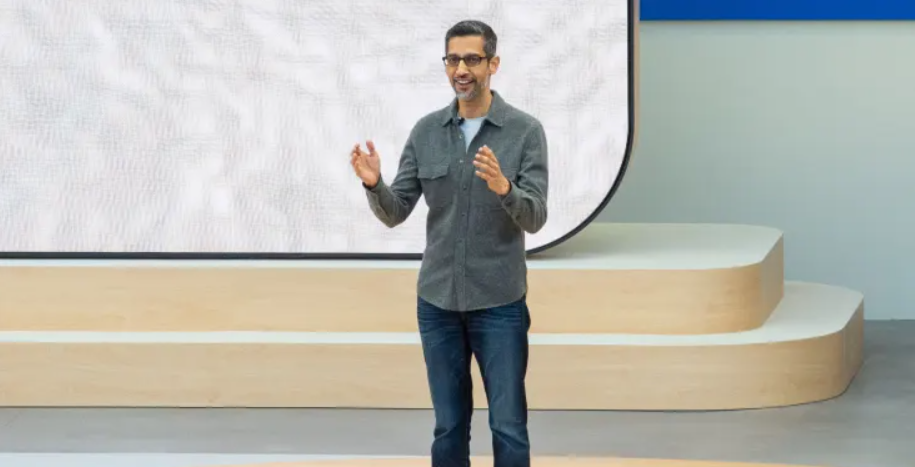Larry Fink, the CEO of BlackRock, addressed investors in his annual letter on Tuesday, highlighting the significant strain on Social Security due to the aging U.S. population and the urgent need for retirement system reform to avert looming insolvency. Fink elucidated the economic dynamics behind Social Security, describing how taxes collected from working individuals fund benefits for retirees. He traced the origins of this concept back to pre-World War I Germany when “old-age insurance” programs began gaining popularity and eventually evolved into Social Security in the 20th century.
Illustrating the demographic shifts, Fink reflected on the cohort of workers from the early 20th century, emphasizing the stark difference in retirement preparation compared to today’s aging population. Citing data from the Social Security Administration (SSA), Fink highlighted the declining ratio of workers to beneficiaries over the years, underscoring the impact of demographic changes on the program’s sustainability.
He pointed out the increasing longevity of Americans in retirement, noting that many could receive benefits well into their nineties, further stressing the strain on Social Security’s financial viability. Fink warned that by 2034, Social Security may not be able to meet full benefit obligations, presenting a pressing need for solutions. He questioned the relevance of the traditional retirement age of 65, suggesting it originated from a bygone era.
Highlighting the depletion of Social Security’s trust funds within a decade, Fink outlined the grim prospect of automatic benefit cuts once payroll taxes become the sole funding source. Drawing from the Netherlands’ example, Fink proposed gradually raising the retirement age and linking it to changes in life expectancy as a potential strategy for addressing financial challenges. He called for a national dialogue on redefining the retirement age and implementing incentives to encourage longer workforce participation, aiming to bolster labor force engagement.



